CREDAI-MCHI, the apex body of real estate developers in the Mumbai Metropolitan Region (MMR), has appointed Mr. Sukhraj Nahar, Chairman of Nahar Group, as its 18th President for the 2025–2027 term. The Change of Guard ceremony, held at Jio World Centre was attended by Maharashtra Chief Minister Devendra Fadnavis, past presidents of the association, and senior members of the real estate fraternity.
Mr. Nahar succeeds Mr. Domnic Romell, under whose two-year tenure the association focused on transparency, policy dialogue, and strengthening developer-government collaboration. Alongside the new President, the management committee also introduced Mr. Bandish Ajmera as President Elect, Mr. Rushi Mehta as Secretary, and Mr. Nikunj Sanghavi as Treasurer.
In his address, Chief Minister Devendra Fadnavis highlighted the government’s continued partnership with the real estate sector in reshaping Mumbai’s urban fabric. He underscored progress achieved through RERA implementation, ease of doing business reforms, and the co-creation of the Mumbai Development Plan. He pointed to ongoing projects such as the BDD chawl redevelopment, slum rehabilitation initiatives, and expansion into the Third and Fourth Mumbai regions, noting that the next decade presents an opportunity to position Mumbai as a global benchmark in urban development.
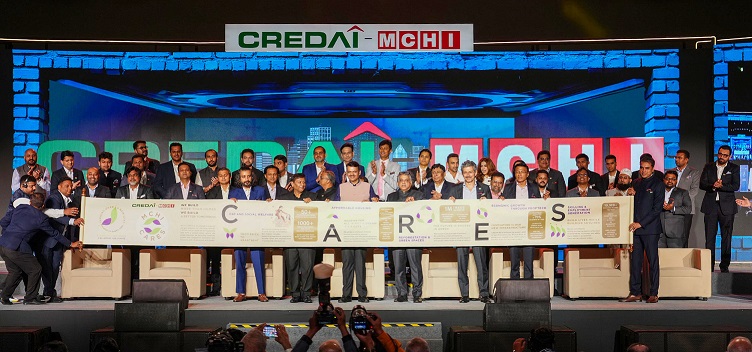
Mission CARES
Central to the new leadership’s agenda is Mission CARES, a framework that places equal emphasis on growth and social responsibility. The acronym stands for Compassion, Affordability, Reforestation, Empowerment, and Skilling, reflecting CREDAI-MCHI’s intent to address challenges beyond construction alone.
- Compassion will involve CSR programmes for construction workers, women, children, and vulnerable communities, including daycare centres and free health camps.
- Affordability focuses on housing reforms, rationalised premiums, and new development models to reduce financial burdens on buyers.
- Reforestation commits members to large-scale urban greening, biodiversity parks, and carbon offsetting.
- Empowerment centres on adopting PropTech innovations, digital compliance systems, and transparency tools to modernise the sector.
- Skilling will involve training over 10,000 construction workers annually through mobile skilling labs and on-site certification.
Mr. Nahar described the initiative as an opportunity for the industry to build “with empathy, urgency, and measurable outcomes.”
Real estate developers in Mumbai currently face some of the highest approval costs in India—averaging ₹54,221 per sq m, with premiums and duties accounting for 35–40% of project costs. CREDAI-MCHI has called for single-window clearances, rationalisation of premiums, and wider use of technology to streamline approvals.
According to Mr. Keval Valambhia, COO of CREDAI-MCHI, the transition from paperwork to AI-driven project tracking and blockchain-backed compliance can cut delays, lower costs, and benefit homebuyers by making housing more affordable and projects more transparent.
Roadmap for 2025–2027
The new leadership has set measurable targets for the next two years:
- PropTech adoption: Establishment of a PropTech Lab to onboard 20+ startups and ensure 70% of member developers integrate digital tools.
- Affordable housing: Launch of an Affordable Housing Innovation Cell, with a target of 10,000 affordable units by 2026, alongside policy advocacy and white papers.
- CSR programmes: Over 100 free health camps annually, scholarships for 1,000 students, and strict monitoring to eliminate child labour at construction sites.
- Reforestation: Planting of 1 million trees across 50+ urban locations, with mandatory green buffers in projects and five biodiversity parks.
- Skilling: Training of 10,000+ workers annually, issuance of 2,500 Green Job Cards, and deployment of mobile skilling labs across the MMR.
Outgoing President Mr. Domnic Romell pledged full support to the incoming leadership, calling Mission CARES the “natural evolution” of the association’s earlier efforts. Outgoing Secretary Mr. Dhaval Ajmera stressed that the focus must remain on policy consistency, green growth, and inclusion, noting that real progress depends on embedding these values into governance frameworks.
With over 2,200 developer members, CREDAI-MCHI represents the largest developer body in the MMR. The 2025–2027 Change of Guard signals an attempt to balance economic expansion with social equity, environmental stewardship, and digital transformation.
As housing demand in Mumbai and its surrounding regions continues to rise, the association’s ability to align with government reforms while addressing affordability and sustainability will determine the pace and quality of future urban growth.





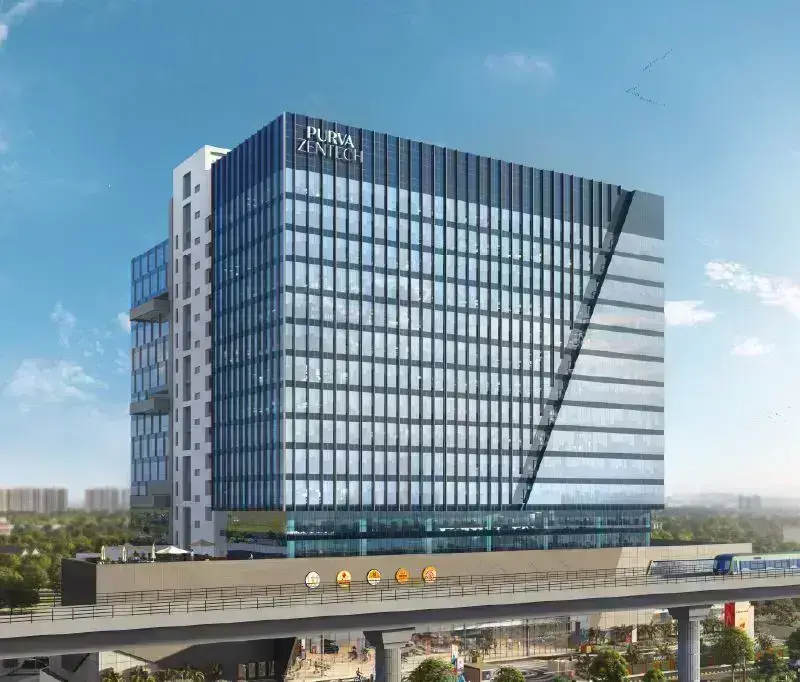
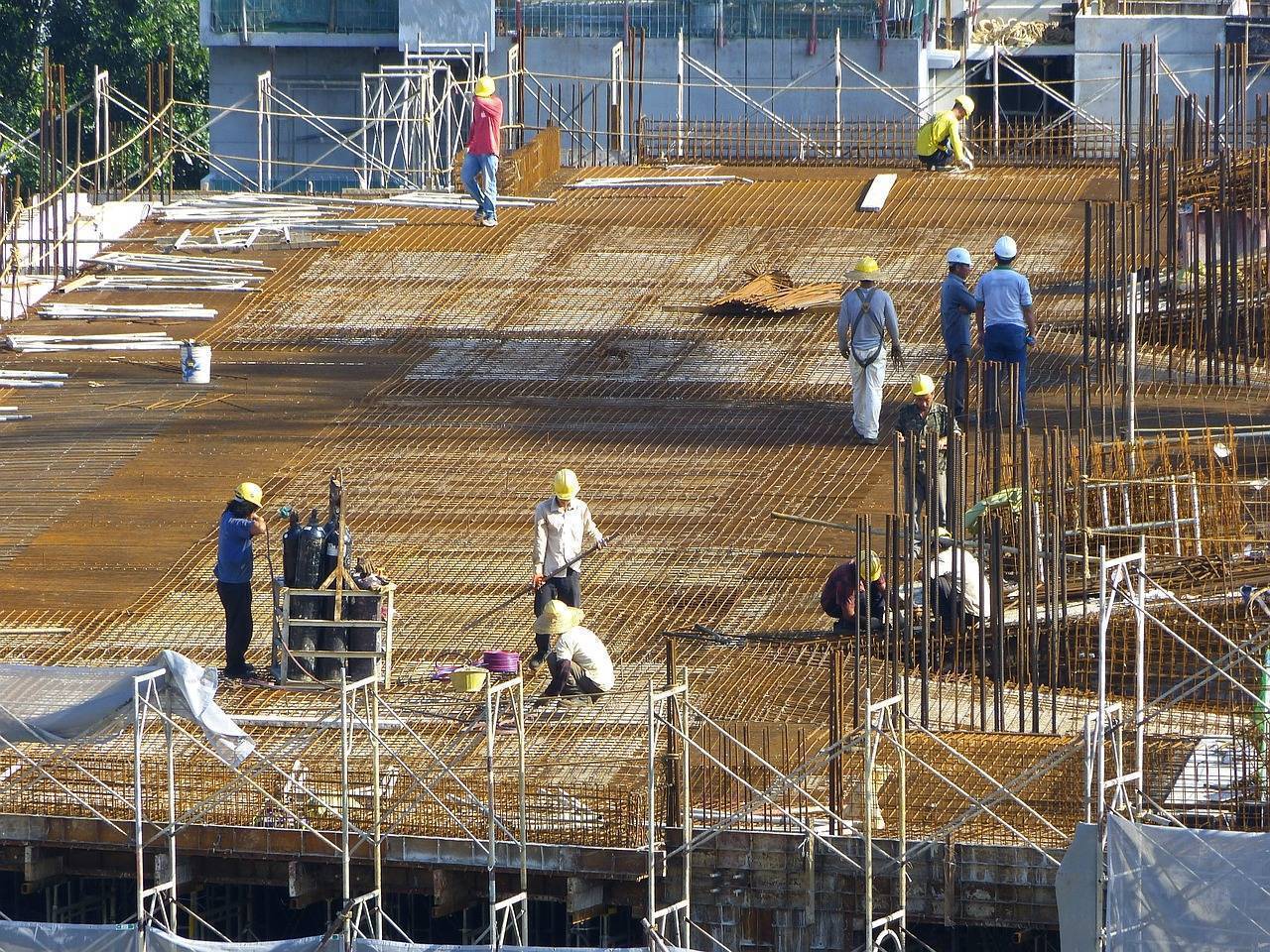
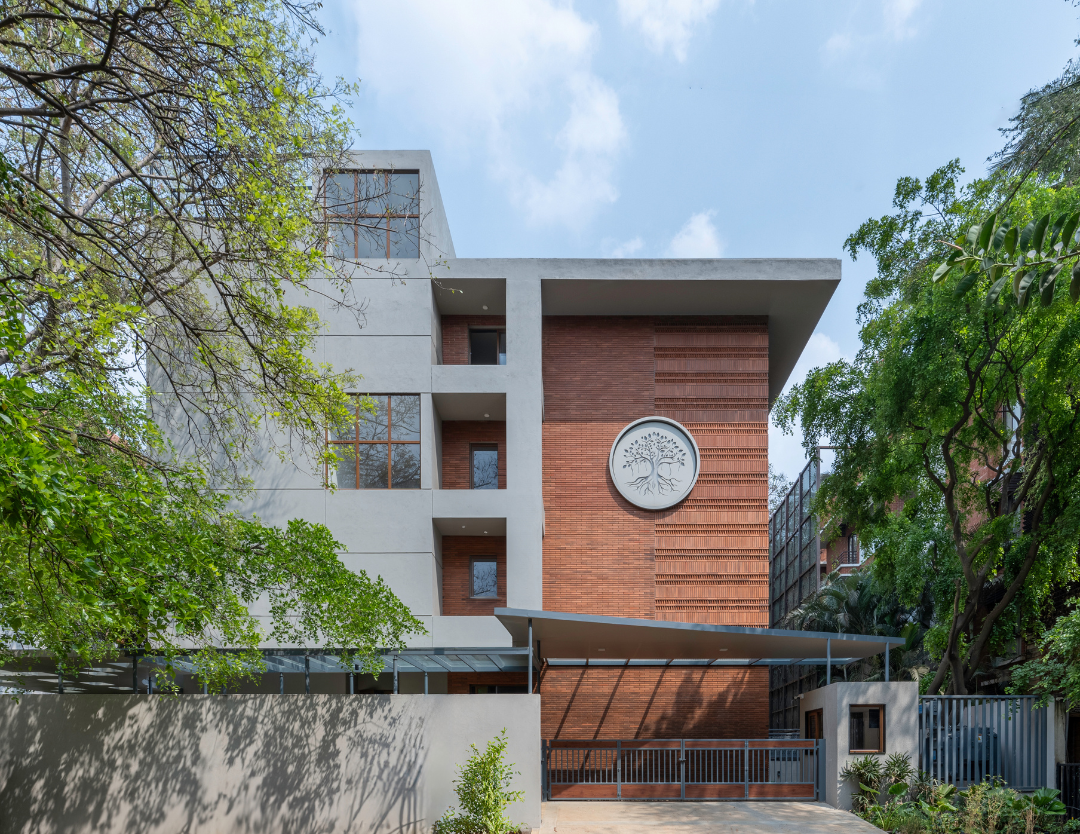
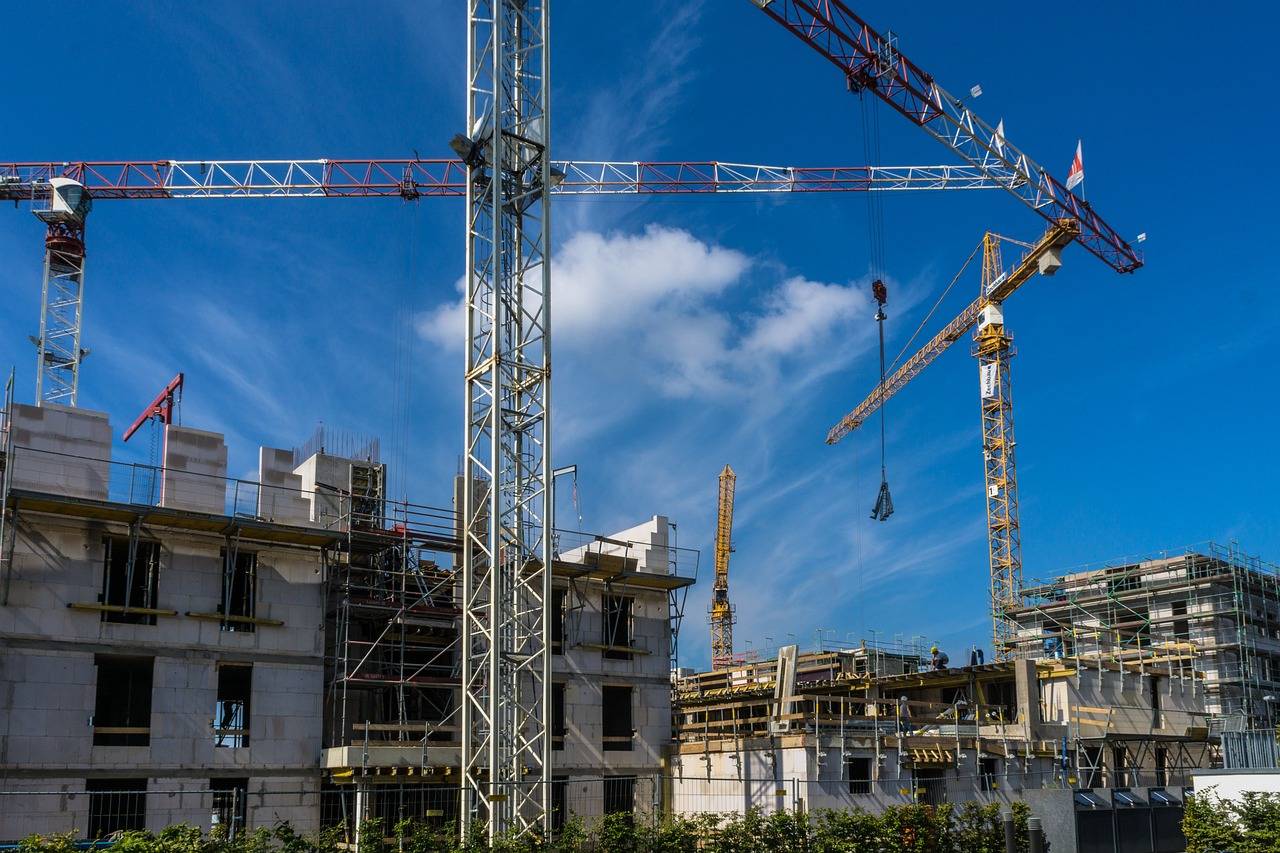
.png)